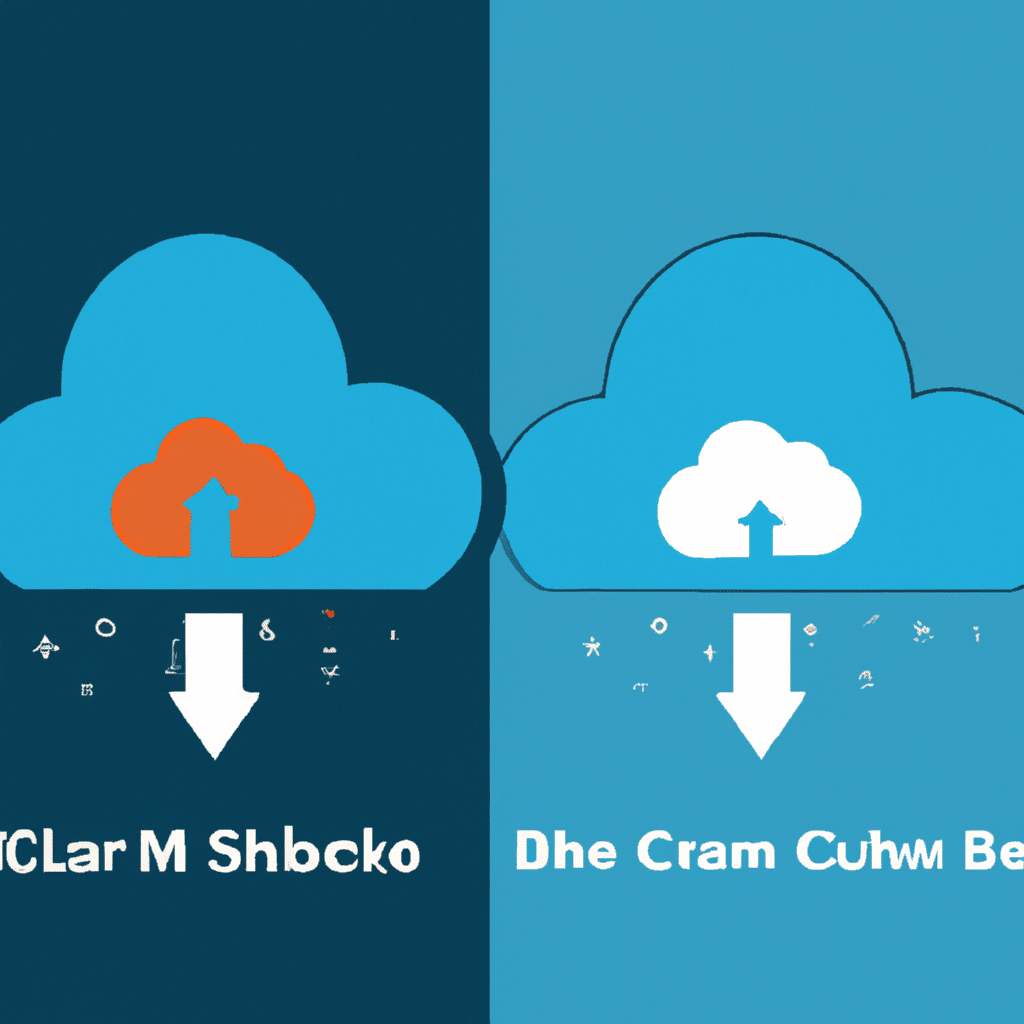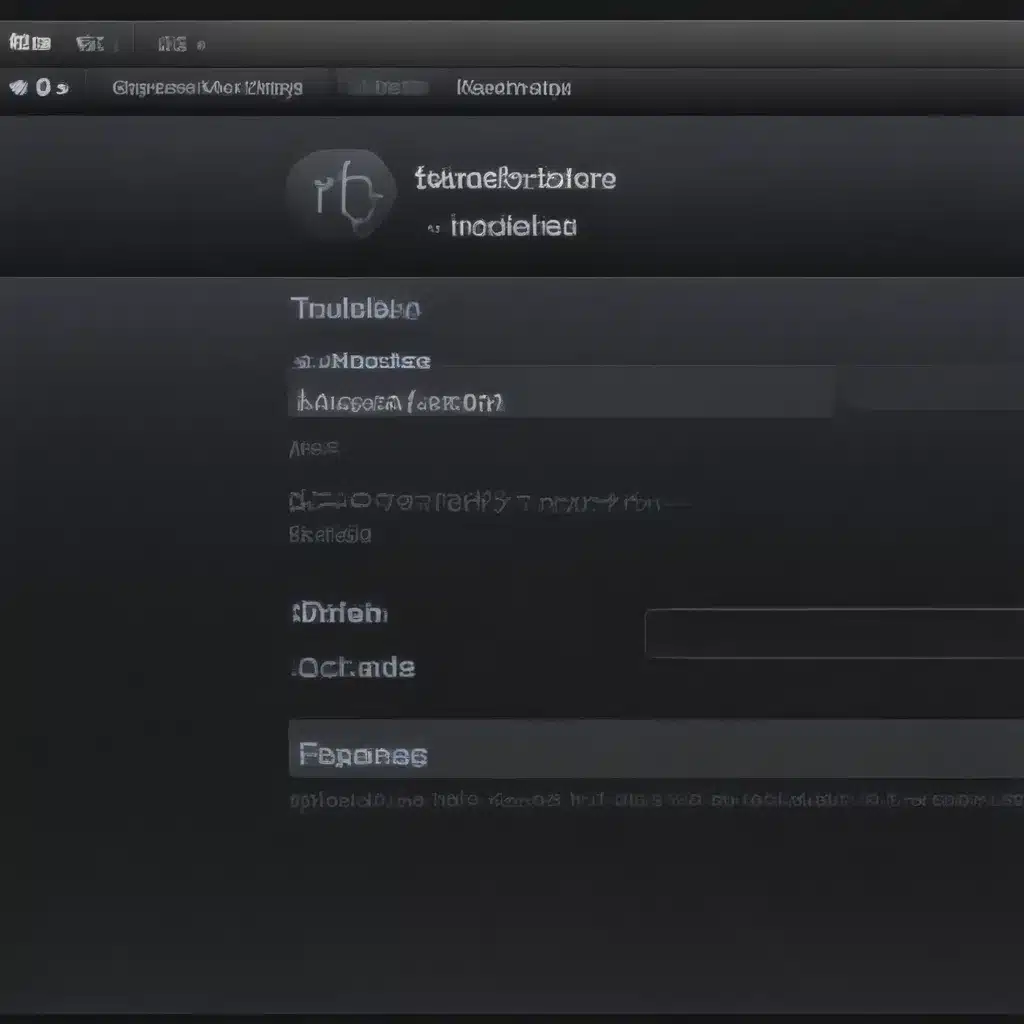As small businesses grow, managing customer relationships becomes increasingly important. A cloud-based CRM (Customer Relationship Management) system is a tool that can help businesses manage their customer interactions, sales, and marketing activities. But is a cloud-based CRM system the right choice for your small business? Let’s explore the pros and cons.
Pros
1. Cost-Effective
One of the biggest advantages of a cloud-based CRM system is cost-effectiveness. Traditional CRM systems require a significant investment in hardware, software, and IT support. With a cloud-based CRM, all of these costs are eliminated. Instead, you pay a monthly subscription fee, which is typically much lower than the upfront cost of a traditional system.
2. Scalability
Another advantage of a cloud-based CRM system is scalability. As your business grows, your CRM needs will also grow. With a cloud-based system, you can easily add more users, storage, and features as needed. This means that you can start with a basic system and upgrade as your business needs change, without having to invest in new hardware or software.
3. Accessibility
A cloud-based CRM system is accessible from anywhere with an internet connection. This means that your sales team can access customer information and update their records from anywhere, whether they are in the office, on the road, or working from home. This level of accessibility can increase productivity and improve customer service.
4. Integration
Many cloud-based CRM systems offer integration with other business applications, such as email marketing, social media, and accounting software. This means that you can automate many of your business processes, and improve efficiency and accuracy.
Cons
1. Security
One of the biggest concerns with cloud-based systems is security. Your customer data is stored on servers owned by the CRM provider, which means that you are trusting them with sensitive information. While most providers have robust security measures in place, there is always a risk of a data breach.
2. Customization
A cloud-based CRM system may not offer as much customization as a traditional system. This means that it may not be able to meet all of your business’s unique needs. However, many providers offer a range of customization options, so it is important to evaluate your specific needs before choosing a system.
3. Reliance on Internet Connection
A cloud-based CRM system relies on an internet connection to function. If your internet connection is slow or unreliable, this can impact the performance of the system. Additionally, if the provider experiences downtime, you may not be able to access your customer data.
4. Data Ownership
When you use a cloud-based CRM system, you are essentially leasing the software and storing your data on someone else’s servers. This means that you do not own your data, and you may not be able to access it if you choose to switch to a different provider.
Conclusion
In conclusion, a cloud-based CRM system can be a cost-effective, scalable, accessible, and integrated solution for managing customer relationships. However, there are also concerns around security, customization, reliance on an internet connection, and data ownership. Ultimately, the decision to use a cloud-based CRM system will depend on your business’s specific needs and priorities. It is important to evaluate multiple providers and choose the one that best fits your business’s needs.













